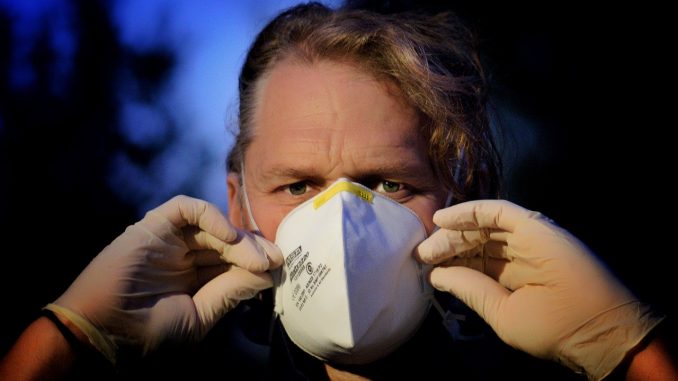
Viruses and bacteria
Did you know that behind every cold one hides one of the hundreds of different cold viruses? Colds are an infection of the nose, throat or throat that is typically caused by a virus. Here, we explain the difference between viruses and bacteria, and give you our best tips to avoid getting infected.
Oral protection against viruses
The right kind of mouthguard that is used properly can be effective if you yourself are ill and want to avoid infecting others when sneezing or coughing. But they do not protect the person wearing the mouthguard against infection. Hand washing and hand spirit are usually the most effective way to avoid being infected by viruses. Some face masks and respirators are used against viruses in healthcare. They differ from regular mouthguards in that they have built-in filters and must be used in a certain way.
Avoid infection by viruses and bacteria
The most important thing to keep in mind to protect yourself from infection is good hand hygiene. Wash your hands with liquid soap frequently and carefully, especially before eating, before touching your eyes and mouth and after greeting someone who can carry the infection.
Use hand sanitizer as a complement, especially when you lack access to soap and water.
If possible, avoid close contact with infected persons. Infection is spread more easily indoors, so to reduce the risk of being infected yourself, you can often breathe, be outdoors as much as possible and avoid staying in indoor environments where a lot of people gather.
By eating good food, sleeping properly, exercising and avoiding stress and alcohol, you help your body stay strong and healthy. The immune system, which is supposed to fight the infections we occasionally encounter, is weakened when we deal with this.
When it is particularly important not to become infected, it is also possible to vaccinate against some infectious diseases, such as the flu.
The difference between viruses and bacteria
There are many differences between bacteria and viruses, one of which is that bacteria are much larger than viruses and that bacteria have a life of their own, whereas viruses can only multiply inside a living cell and utilize its life processes.
Today there are more drugs for bacterial infections than there are for viruses. When both viruses and bacteria invade our body you say that you have received an “infection” but what many do not know is that only bacteria are inhibited by antibiotics. Viruses are built up in a different way and are completely insensitive to antibiotics.
How do viruses and bacterial infections spread?
Viruses and bacteria are spread in much the same way and often by contact with a sick person. It is enough for the person to cough or sneeze at you. Or by greeting with a hand full of infectious bacteria or viruses.
How to treat bacterial infections?
Bacterial infections are usually treated with a specific type of antibiotic that kills precisely the bacterium that caused your disease. You are talking about broad and narrow spectrums of antibiotics, where you want to treat with as narrow a spectrum as possible so as not to increase antibiotic resistance.
This is an important reason why you always do cultivation in connection with antibiotic treatment, to see which bacteria the patient is affected by. However, remember that many infections go by themselves without treatment. Do not use antibiotics unless you have been prescribed by your doctor.
How to treat viral infections?
Unlike bacteria, viruses have no metabolism. They cannot reproduce unless they are integrated into the cells. More mild infections, such as colds and other respiratory infections, go by themselves. Therefore, the treatment of viral infections is usually handed over to the body’s own immune system.
Good tips are to drink a lot, stay at home so that you do not infect others and, if necessary, take any painkillers and antidepressants. The best prevention of getting sick from viruses is vaccination.
Leave a Reply